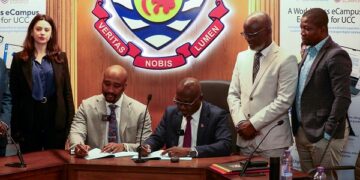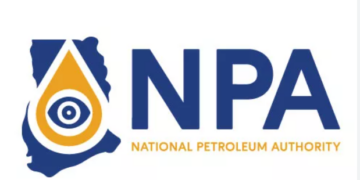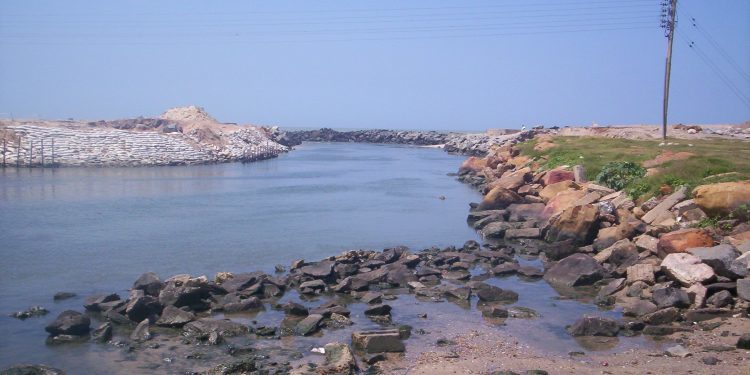The Auditor General’s Department has proposed that GHS 95 million be reclaimed from the District Assembly Common Fund for sanitation services.
As part of financial assistance for Lavender Hill and Mudor Facility, the Accra Waste Treatment Plant, the money was given to a firm named Sewerage Systems GH Ltd, a member of the Jospong group.
In 2019, the District Assembly Common Fund Administrator paid Sewerage Systems Ghana Ltd GHS19 million as the outstanding payment for the GHS95 million.
The payment was only backed up by a letter from the Office of the President dated June 15, 2016, titled OP/ CA.7/ V.3, which stated that “the intention of Cabinet was to provide a credit guarantee for the completion of the Accra Waste Treatment Plant, Mudor Faecal, and the old “Lavender Hill,” according to a report by the Auditor General’s department.
It went on to say that the payment was made “as assistance to a private company with no government ownership.”
“We were also of the opinion that distribution of the Common Fund to private companies is prohibited under Article 252(3) of the 1992 Constitution and would constitute a loss to the Assemblies if not recovered,” the study said.
The Office of the Auditor General reviewed the transaction from the beginning, noting that the letter from the President’s office said that Cabinet intended to issue a credit guarantee for the construction of the three facilities.
The payments began in 2016 with an annual provision in the Approved Formula, but the Administrator at the time failed to obtain any contractual documentation to support funding to a Private Entity or to enter into any legally binding agreement to recover the support provided to Sewerage Systems GH. Ltd.
Payment to Zoomlion
The Administrator also paid Zoomlion Ghana Ltd GHS 3,801,530 for fumigation and SIP services for 38 newly formed Assemblies in the first quarter of 2018, according to the report.
The Assemblies, on the other hand, had not yet started operations when the payment was paid.
The Assemblies were established in March 2018, and their agreements with Zoomlion Ltd went into force in April of the same year, according to the article.
According to the study, the payment in 2018 was in violation of Regulation 39 of the now-defunct Financial Administration Regulations, 2004 (L.I. 1802), which required heads of accounts to verify that payments were verified as due and payable.
The payment was deemed “unjustified and a loss to the Fund,” according to the Auditor General’s office, since “the allocation to the newly formed Assemblies did not justify payment to Zoomlion Ghana Ltd for no work done.”
As a result, it advised the Administrator to produce proof of Zoomlion Ltd’s scope of work in order to balance the payment or collect the sum of GHS 3,801,530.00 from the business.
Source: CITINEWSROOM




























